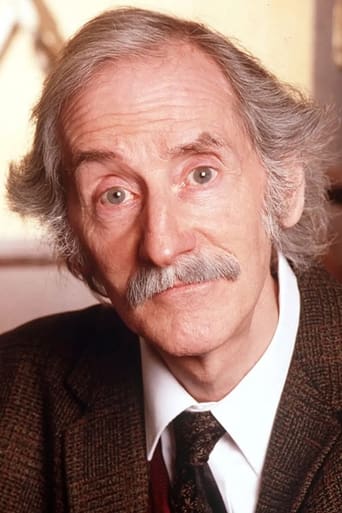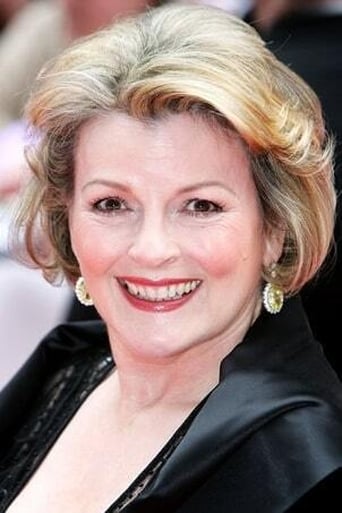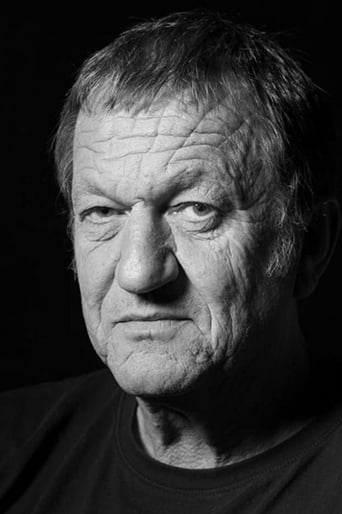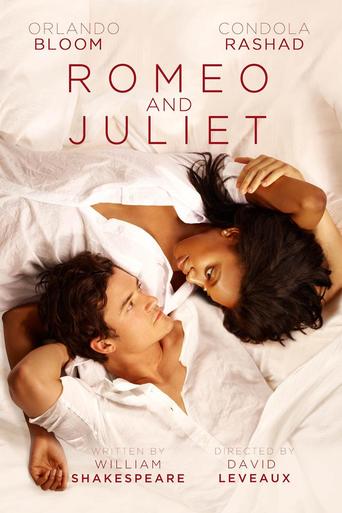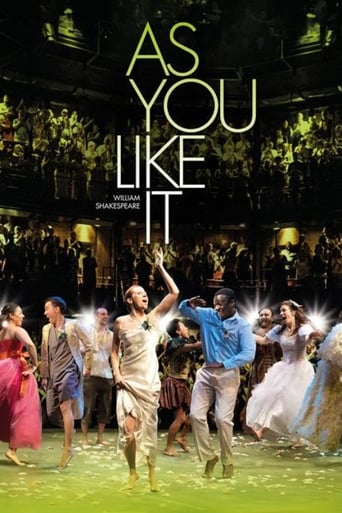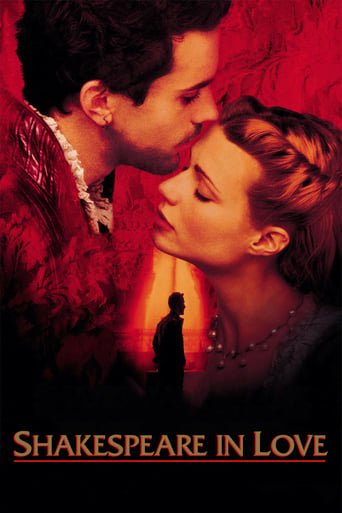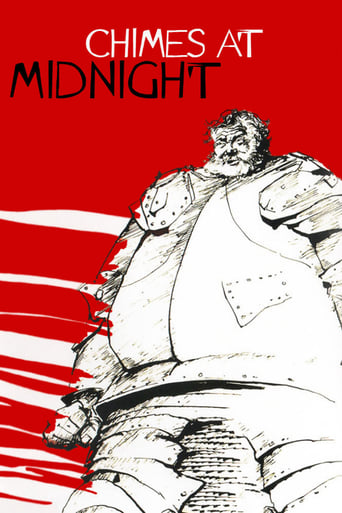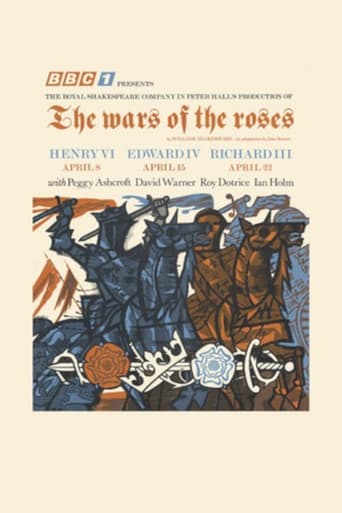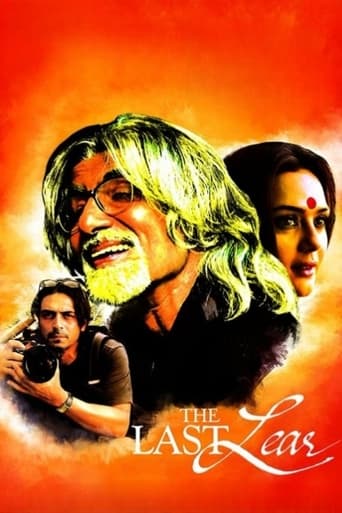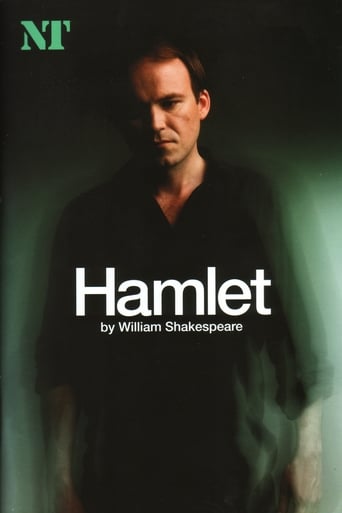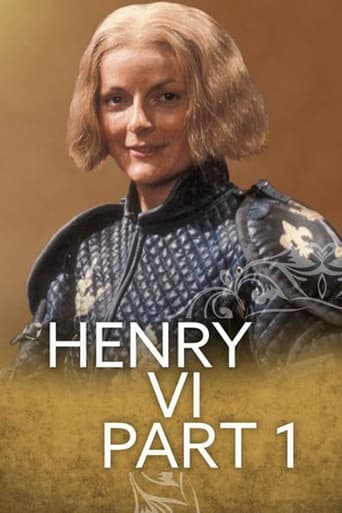
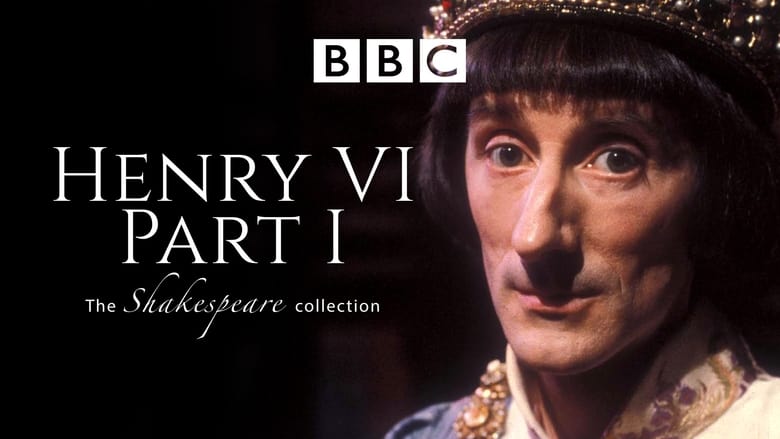
Henry VI Part 1 (1983)
The life of King Henry the Sixth, in three parts.
Watch Trailer
Cast


Similar titles
Reviews
I like the storyline of this show,it attract me so much
Good start, but then it gets ruined
Good movie, but best of all time? Hardly . . .
Fun premise, good actors, bad writing. This film seemed to have potential at the beginning but it quickly devolves into a trite action film. Ultimately it's very boring.
Part of the trilogy plays about the reign of Henry VI by William Shakespeare, this production of Henry VI Part One introduces many of the principal characters involved in what later became the War Of The Roses. The character of Henry VI who is played by Peter Benson was the center of a lot of forces moving around him that he could not control, nor did he care to try.Talk about the apple falling far from the tree Henry V, mighty military leader, victor at Agincourt, conqueror of France who even usurped the succession to the French crown as well who died quite suddenly when this Henry was a mere infant. His mother Catherine of France who his father appropriated as a bride as a spoils of war never went back to France. Instead she married a near do well knight named Owen Tudor and had some kids with him. The descendants of that marriage also came to rule England, but that's getting ahead of ourselves.Henry VI had no interest at all in conquest and military matters. He was a scholar and devoutly religious. The main thing his reign is known for is the founding of Oxford College. As a minor at this point his two uncles, brothers of his father ran the realm. The Duke of Bedford played by Tenniel Evans was the regent in France and the Duke of Gloucester played by David Burke ran things at home in England. And there were cousins galore because way back in the last century Edward III had a number of sons and the descendants of all of them eventually got to scrapping in the War Of The Roses over who would be ruler. The characters in that struggle are all introduced here.Two things happen in Part One that are the main features of this play. The first is the story of Joan Of Arc who in Shakespeare's work is not quite the saint that future writers make her. Or that French legend has here. Remember Shakespeare was ever the English propagandist and Joan La Poucelle as she is called here is presented as the town tramp who was calling on the black arts for French success. Brenda Blethyn plays her here and this is one the Bard's great parts for women.The second thing is also to do with a woman. For retreating and ceding conquered territory to the Dauphin Of France, a French duchess is given as a bride to Henry VI. Margaret Of Anjou is not a main character here, but English audiences in the 1590s when this play was first presented knew well of her role in the War Of The Roses. Julia Forster plays her here, a timid, but at the same time resolute woman who is looking forward to being Queen of England.This is a good production as all the features of the Bard that the BBC did back in the day. A lot of people are Tudor fans, but personally I think nothing matches this period for double dealing intrigue.
Absolutely hooked, a real page-turner. Each scene is a gem and I really can't see how anyone could portray Henry VI better than Peter Benson. Your heart just aches for him. Brenda Blethyn is also excellent as a cunning Joan of Arc (and her accent is a Yorkshire one - not Cockney as a previous poster has claimed). The reason for this - I assume - is to portray her humble origins to an English audience. Her fight scene with Trevor Peacock's Talbot had me rolling in the aisles, " I'll chastise this high-minded strumpet!" I also like the simple set, which makes the complex story easier to follow. Better than Footballers'Wives as far as mass market entertainment goes.
Opinion is divided as to whether William Shakespeare's King Henry VI, Part 1 is the first-composed of a three part series or a prequel to a two-part play written earlier. There is also speculation that the play was written in part by other authors or not by Shakespeare at all (mostly because of its vicious treatment of Joan of Arc), but that kind of speculation is not limited to this particular play. Ratcheting up the feeling of patriotism after the defeat of the Spanish Armada in 1588, William Shakespeare's King Henry VI, Part 1 is unabashed Tudor propaganda and a reflection of the Lancastrian point of view. As a propaganda tool, it is meant not only to unite England behind Queen Elizabeth against foreign threats but to remind the English that a house divided against itself cannot stand.Covering English and civil affairs toward the end of the Hundred Years War, Part 1 covers events from the funeral of Henry V in 1422 to the death of Lord Talbot in France at the Battle of Castillon in 1453 and concludes with the marriage of the young King Henry VI to Margaret of Anjou. It has been pointed out that this play, as well as other history plays, present a muddled view of history, and most do not credit Shakespeare with using Holinshed and Hall's Chronicles as anything but a tool to further his dramatic imagination. In fact, Shakespeare may have rearranged the chronology of events so convincingly that today his versions of history are often mistaken for what actually occurred.Marred by ludicrous casting decisions in the BBC Time-Life version from 1983 that put the 64-year-old Peter Benson as the 21-year-old King Henry VI and Brenda Blethyn, a 37-year old British actress with a pronounced Cockney accent as the 19-year-old French peasant warrior Joan of Arc, Jane Howell's film version of King Henry VI, Part 1 is true neither to accepted history nor to Shakespeare's vision. Since the King was a young man, the BBC moguls concluded that he must have been soft spoken, effete, and ineffectual and Peter Benson was chosen as the man for the job. Likewise, Ms. Blethyn portrays Joan of Arc as a prostitute and a witch, the way Shakespeare wrote her character.When she is captured and brought to trial, she denies her common-born father saying she was conceived of richer blood, and then argues that she is a virgin, and then that she is pregnant, finally attempting to name three different fathers. Joan's dramatic entry into the war at Battle of Orleans is considered a turning point for the French and she was ripe fodder for English writers until the time she was canonized in 1920. Though in many respects this particular performance leaves much to be desired, there is some masterful writing, especially in the Temple Garden scene when York and Somerset declare war on each other, and, even in this much maligned production, there is much to be esteemed.
I was staggered when I read the running time for this piece: 188 minutes, and this is just Part One! Thankfully, most of the play makes sense and the plot flows well to maintain interest.Despite the fact this play follows the events of "Henry V" (made by the BBC in 1979 for this series) the second part of the Histories cycle has a different cast and director, plus an altogether different feel. Instead of verbatim historical settings reproduced in a studio, the action takes place on a multi-coloured background of staircases, platforms and climbing nets, much like a children's play park. The effect takes a bit of getting used to, but once it settles in adds greatly to the increasing sense of nightmarishness that dominates the story.The first part is just set-up for events that really kick off the second and third parts of "Henry VI", before concluding in "Richard III". In the wake of the death of his father, Henry V, Henry VI (Peter Benson) is newly crowned and must deal with not only a rebellion the French lands led by the dynamic Joan La Pucelle (Brenda Blethyn) but also a civil feud between his own family and the Plantagenets led by the Duke of York (Bernard Hill). The War of the Roses has begun...Peter Benson, in his sparse appearances, makes King Henry VI (the true 'weak king' and not Richard II) an effeminate and ineffectual figure already led and manipulated by others. Trevor Peacock makes a rousing Lord Talbot, the King's chief ally, and Bernard Hill is excellent as the bloodthirsty Duke of York. David Daker is the most successful of all the actors who are doubling roles, and makes good distinctive characters of both Vernon, one of York's compatriots, and the French King Reignier.Not a bad effort despite the length, and the story continues in Part Two.


